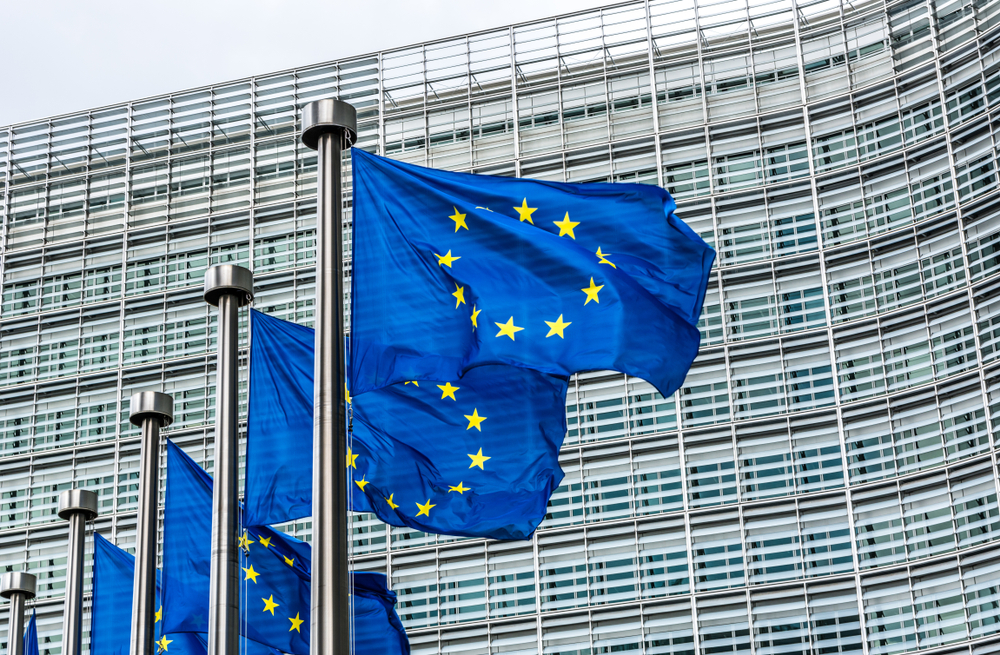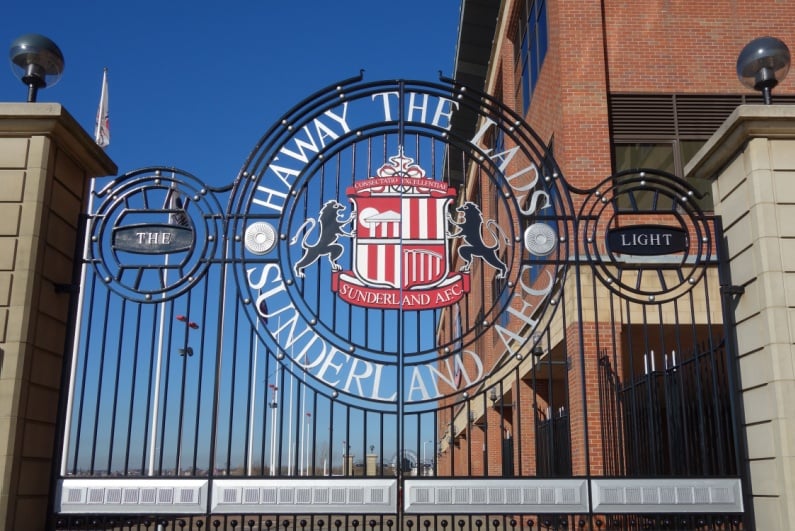The commission voices potential issues
The European Commission has concerns about Germany’s plans to open up its sports betting market. These concerns were expressed through a ‘blue letter’ which dealt with the country’s adoption of a new system for issuing sports betting licenses from January 1, 2020.
goal to decrease the scope of the black market through the liberalization of sports betting will not be successful
The letter dates back to July 30. It outlines the Commission’s view that the German authorities’ goal to decrease the scope of the black market through the liberalization of sports betting will not be successful.
Shortcomings of the stopgap treaty
It was in March that the 16 states in Germany gave their approval to a stopgap treaty. The agreement extends the current temporary allowance for sports betting operators to run their platforms. Companies can apply for a license extension in January 2020, which will allow them to continue their operations up until June 30, 2021.
a temporary treaty could act as an incentive for unauthorized gambling providers
At this point, the states intend to have a more permanent treaty in place for the sector. While there is a plan to create a further three-year extension for such temporary licenses, the commission does not think the 18-month period is enough time to allow most unauthorized operators to apply for a license.
The European Commission further believes that a temporary treaty could act as an incentive for unauthorized gambling providers to continue their operations in a similar fashion. This includes running online casinos which are not legal in the stopgap treaty. Online casinos could very well not be part of a more permanent treaty.
Role of the commission
This is not the first time that the commission has gone down this route with the German gambling sector.
The commission did not approve of the second state treaty in Germany having a fixed amount of licenses available for operators. While the German authorities did subsequently try to make alterations to gain the support of the commission, they were unsuccessful in this regard.
Regulators not concerned
Despite the doubts expressed by the European Commission, the regulators in Germany do not appear to be paying much heed.
According to a spokesperson from the State Chancellery of North Rhine-Westphalia, the commission’s opinion “does not contain any points that could give cause for change in the specific content” of the country’s temporary treaty.
Some operators are unhappy with the new stopgap treaty. They regard the lack of support for online casinos and the short duration of licenses as major concerns. The treaty also entails a ban on placing in-play bets, a strict 5% tax on betting turnover, and a customer spending limit of EUR1,000 a month.
New guidelines
There are some strict guidelines for those looking to obtain a sports betting license. If an operator has any ties to online casinos that are German facing, they will not be able to obtain a license come January. The only state to currently have legal online casinos is Schleswig-Holstein.
Each of the 16 states is set to submit proposals for the more permanent treaty by October 2019. The challenge will be to come to a compromise that all states are satisfied with.
There is also a nationwide curtailment in place on gambling advertising going forward. This came via an order from the broadcasting regulator, the Media Authority of Hamburg Schleswig-Holstein. The restriction puts an end to gambling ads on television and radio. No new legislation was needed to bring this ban into place in February 2019.
Online advertising is obviously still extremely popular. Over the past five years, the amount spent on gambling advertising in Germany has tripled. A lot of this growth is down to online casino advertising, despite these platforms being illegal.




